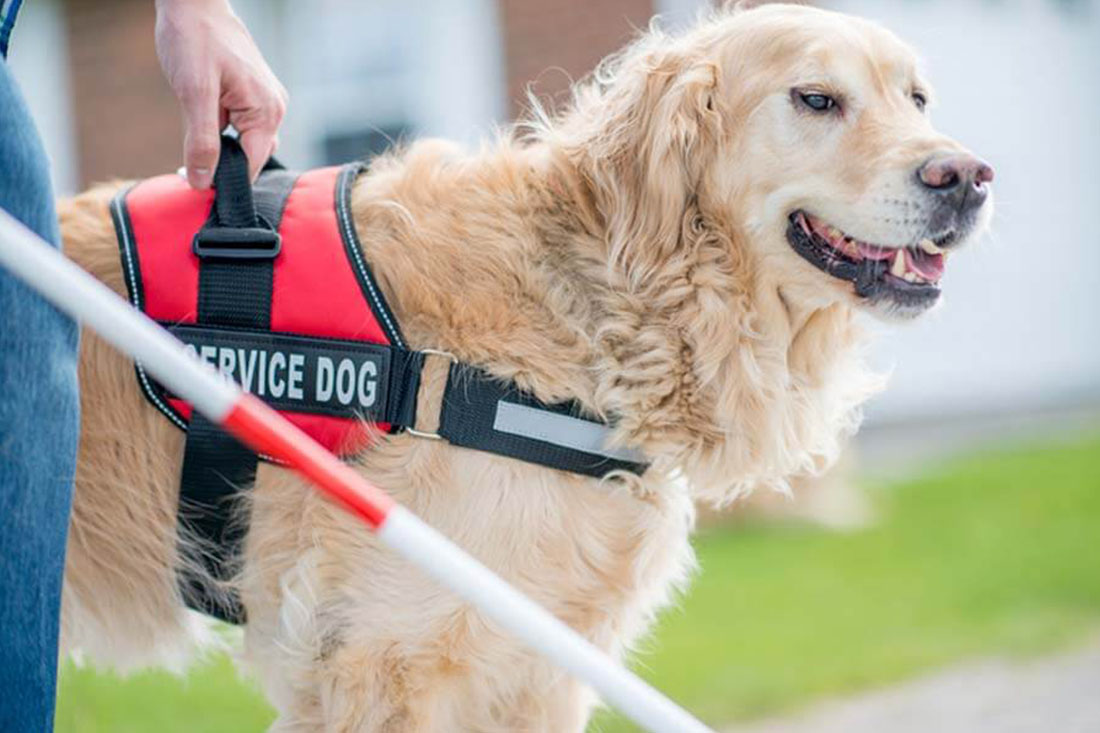A service animal is defined as a dog that is individually trained to do work or perform tasks for the benefit of an individual with a disability, including a physical, sensory, psychiatric, intellectual, or other mental disability. Tasks range from serving as a guide dog for a person with a visual disability to pulling a wheelchair, or even reminding a person to take medication.
Emotional support animals, comfort animals, or therapy animals are not service animals under the Americans With Disabilities Act. Even if a person has a note from a doctor, or certificate identifying the animal is a comfort animal or emotional support animal, that does not turn the animal into a service dog.
Generally, service animals are permitted in public facilities and accommodations when accompanied by their owner. The same is not necessarily true for comfort animals. (However, comfort animals may enjoy some protection under the Fair Housing Act certain circumstances.)
If you have questions about whether a service animal or a comfort or support animal should be permitted at a certain location, be sure to consult with an attorney.

